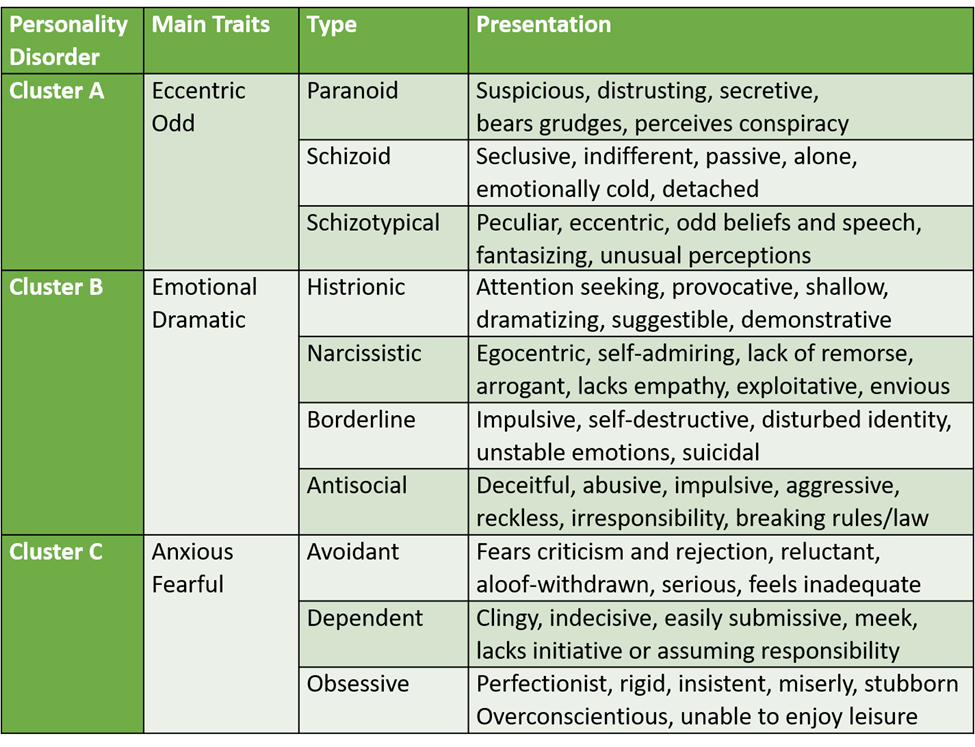Which client statement would the nurse recognize as indicating that the client understands dietary teaching related to lithium carbonate (Lithobid) treatment?
I will take Lithobid on an empty stomach
will maintain normal salt intake.
I will consume more fluids
I will limit my intake of fluids daily
The Correct Answer is B
A. "I will take Lithobid on an empty stomach": This statement is incorrect. Lithobid is usually taken with meals or right after meals to minimize gastrointestinal side effects. Taking it on an empty stomach may lead to increased side effects.
B. "I will maintain normal salt intake": This statement is correct. Lithium levels in the blood can be influenced by sodium levels. Maintaining a consistent and normal salt intake is important for the proper functioning of lithium in the body. Both low and high sodium levels can affect lithium levels.
C. "I will consume more fluids": This statement is generally correct. Adequate fluid intake is important to prevent dehydration, as lithium is excreted by the kidneys. However, it should be balanced, and excessive fluid intake should be avoided to prevent lithium toxicity.
D. "I will limit my intake of fluids daily": This statement is incorrect. While fluid intake should be monitored and maintained at a reasonable level, restricting fluids too much can lead to dehydration and an increased risk of lithium toxicity.
Nursing Test Bank
Naxlex Comprehensive Predictor Exams
Related Questions
Correct Answer is D
Explanation
A. Social isolation R/T inability to relate to others
While social isolation may be a concern for individuals with paranoid personality disorder, the immediate safety risk associated with the disorder is more related to the potential for violence. Therefore, addressing the risk of violence takes precedence.
B. Risk for suicide R/T altered thought:
Paranoid personality disorder is not typically associated with a high risk of suicide. Individuals with this disorder are more likely to pose a risk to others due to their suspicious thoughts and mistrust. Suicide risk assessments are crucial but may not be the top priority in this specific case.
C. Altered sensory perception R/T increased levels of anxiety:
Paranoid personality disorder does involve heightened levels of anxiety, but altered sensory perception is not a primary characteristic of the disorder. Addressing anxiety is important, but the potential for violence toward others is a more immediate concern.
D. Risk for violence: directed toward others R/T suspicious thoughts:
This is the most appropriate priority. Individuals with paranoid personality disorder may have intense mistrust and suspicion, leading to the potential for aggressive or violent behavior directed toward others. Prioritizing safety and preventing harm to others is crucial in the care of clients with this disorder.

Correct Answer is A
Explanation
A. A nurse asks a client if they have any cultural beliefs the nurse needs to be aware of: This example demonstrates cultural competence as the nurse is actively seeking information about the client's cultural beliefs, practices, and preferences. It reflects an understanding that cultural factors can influence healthcare and the client-nurse relationship.
B. A nurse tells a client about the nurse's own cultural background: While sharing cultural information can be a part of building rapport, the focus of cultural competence is on understanding and respecting the client's cultural background, not necessarily sharing the nurse's own cultural background.
C. A nurse observes a client's actions and reports they do not see any cultural practices: This approach is limited, as cultural practices may not always be visible or evident in a clinical setting. Cultural competence involves actively seeking information from the client rather than making assumptions based on observations.
D. A nurse checks a client's chart for any notes on culture: While reviewing a client's chart for cultural information is part of cultural competence, it is not a complete approach. Direct communication with the client about their cultural beliefs and preferences is essential for a comprehensive understanding.
Whether you are a student looking to ace your exams or a practicing nurse seeking to enhance your expertise , our nursing education contents will empower you with the confidence and competence to make a difference in the lives of patients and become a respected leader in the healthcare field.
Visit Naxlex, invest in your future and unlock endless possibilities with our unparalleled nursing education contents today
Report Wrong Answer on the Current Question
Do you disagree with the answer? If yes, what is your expected answer? Explain.
Kindly be descriptive with the issue you are facing.
